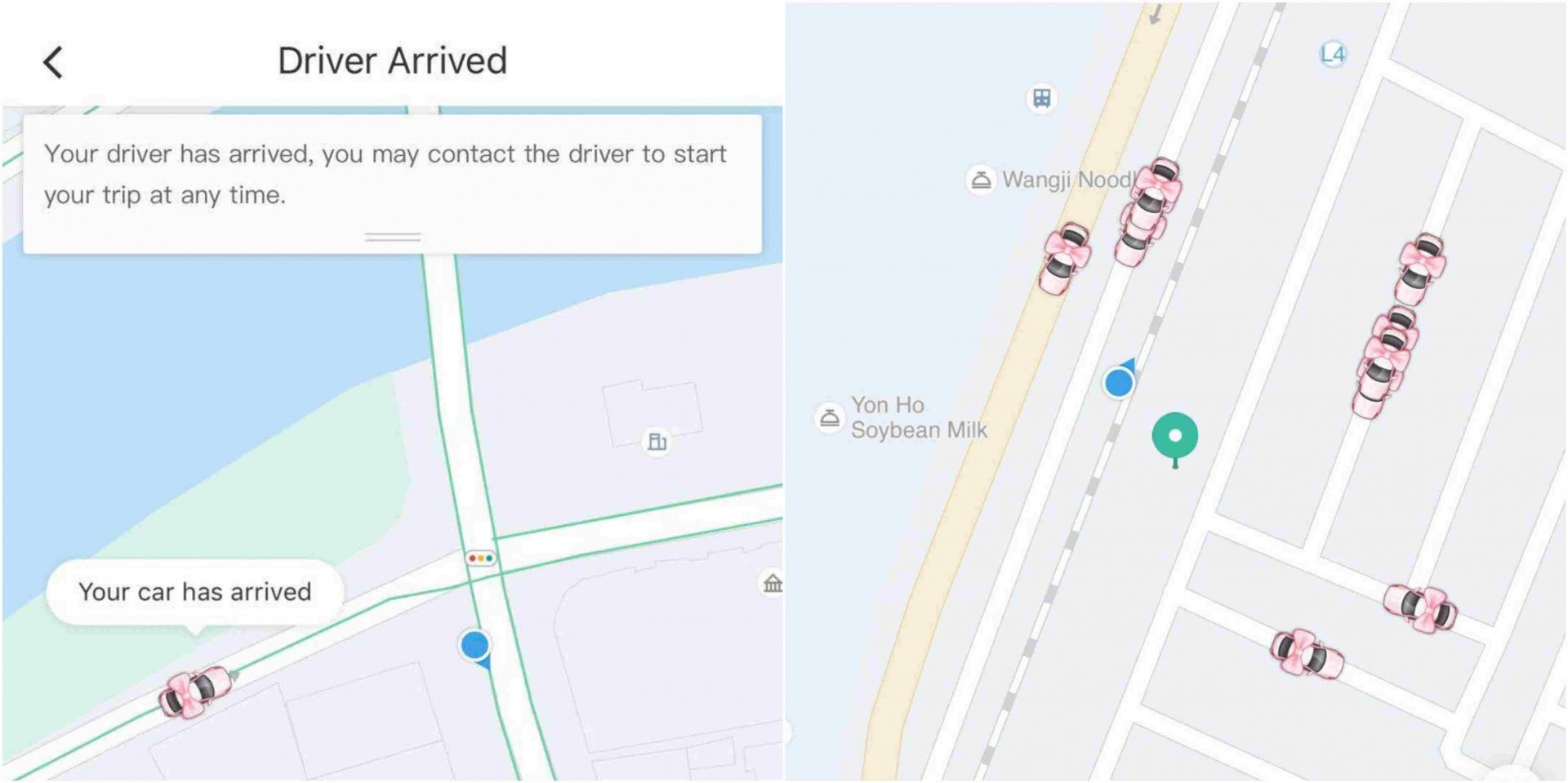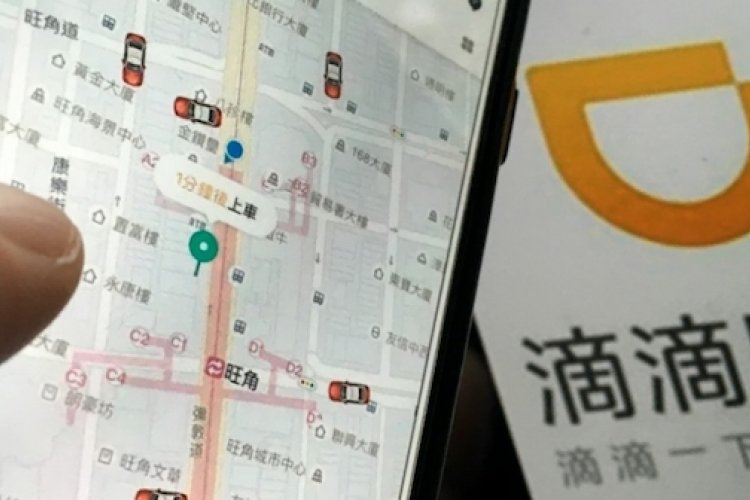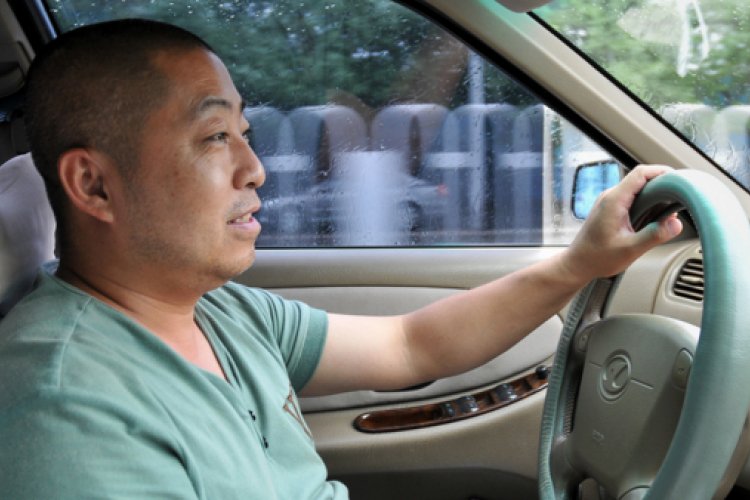Why Are Chinese Mothers Going Into Ride-Hailing? 2.3 Million Women Drove for Didi in 2017
This post comes courtesy of our content partners at TechNode.
In January, Chinese social media lit up after several cities introduced women-only parking spaces marked with a stiletto on a pink background. They were not only pink but were wider than standard parking spaces which critics saw as a reinforcement of stereotypes that women are bad drivers. Now, new research from ride-hailing giant DiDi Chuxing has dispelled that myth. It shows their women drivers achieved an overall service rating of 4.9 out of 5.
In preparation for the International Women’s Day, DiDi has published new insights on its female drivers through DiDi Women’s Network. According to the research, female drivers comprised 10 percent of all drivers on its platform which means 2.3 million Chinese women are driving for DiDi. Despite the numbers, many passengers are still surprised to find a woman driver when they hail a ride, according to one of DiDi’s female drivers (in Chinese). They are also curious about how much she makes.
“Income is not very good since I’m working by fits and starts during working days and rest on every weekend,” a user under the nickname of Xiao Wu Shuo Che writes in a post about her life as a female driver on Baidu’s content platform Baijiahao. “With waist pain, I can’t work continuously, so I will head back home around noon. I planned to work during the morning peak hours, but not every day because it’s tough to get up early. I don’t want to miss the evening peak hours, but once it gets dark, my husband and child start to call and ask me to get back home. Their reason is fair, it’s dangerous for female drivers to take night shifts.”
A vast majority of DiDi’s female drivers are mothers: 80 percent of female car owners and drivers have one or two children aged under 18 years old, including single moms. Most of them are between the ages of 21 and 40 years old and they are either housewives or work full-time or part-time.
The new research states that the main attractions for female DiDi drivers are the opportunity to earn extra cash and a flexible work schedule, 40 percent cited these two reasons while 23 percent said that ‘getting a fun experience’ and ‘opportunities to broaden social space’ are their top reasons for driving on DiDi.
The results are similar to last year’s research when more than half of the women drivers stated they joined the platform because of the flexible schedule. Internet platforms such as DiDi’s allow women to adjust their working hours to their private lives and spend more time with their family. However, they also reveal a flaw in traditional working spaces: they fail to accommodate women that have family obligations.

In its media statement, DiDi also took the opportunity to introduce its own policies for strengthening the role of women including setting up a daycare center. But it looks like the company couldn’t resist some light gender stereotyping: its Women Day edition of the app features pink cars with a cute little bow.
Images courtesy of TechNode








